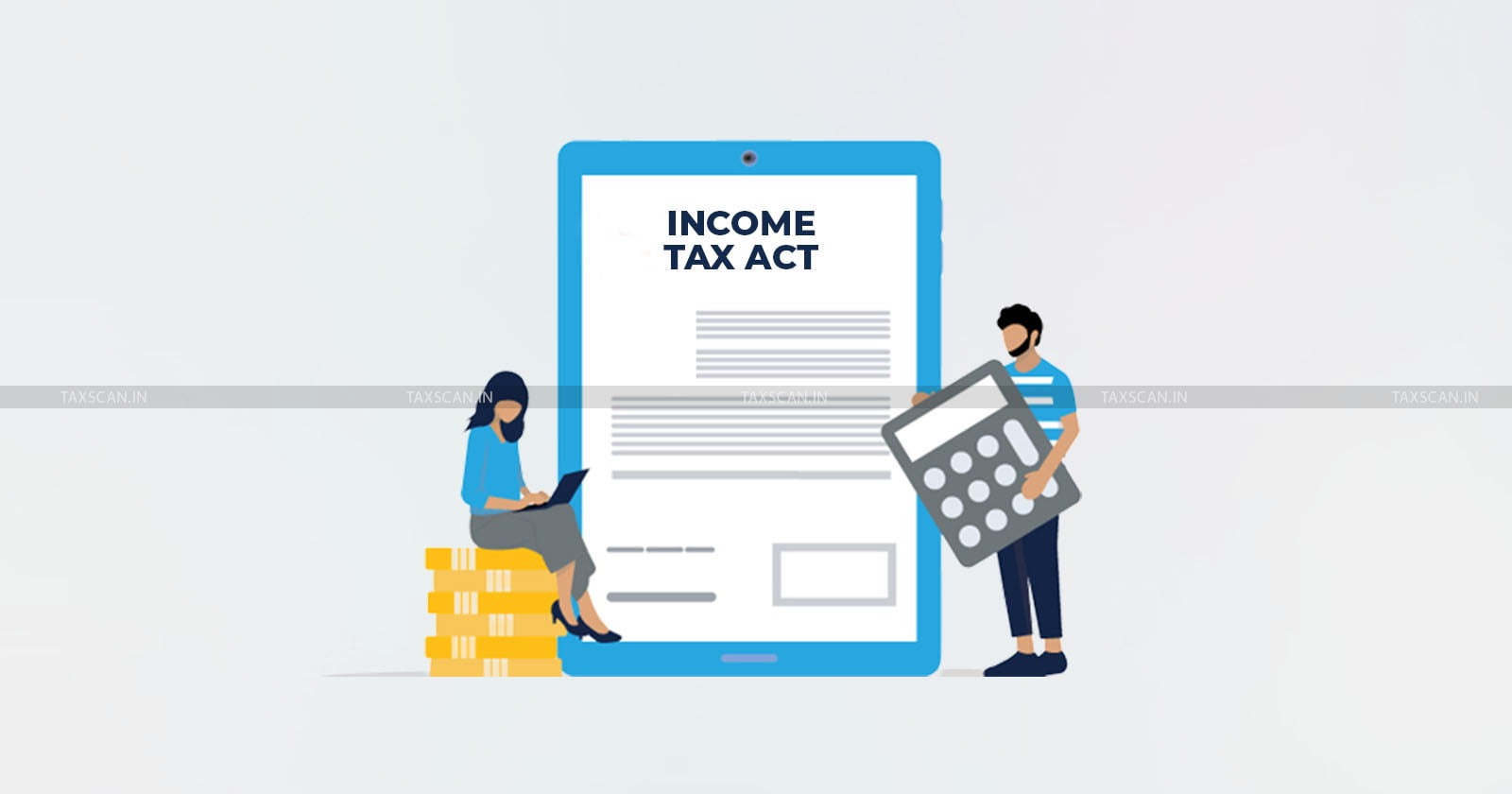Time Limit u/s 153 of Income Tax Act Prevails over Assessment Time Limit u/s 144C of Income Tax Act: Bombay HC

In a major decision the Bombay High Court observed that the time limit under Section 153 of the Income Tax Act, 1961 prevails over assessment time limit prescribed under Section 144C of the Income Tax Act, 1961.
The Petitioner, Shelf Drilling Ron Tappmeyer Limited, is a company incorporated under the relevant laws of Cayman Island and headquartered in Dubai, United Arab Emirates. Petitioner is engaged in the business of shallow water drilling for clients engaged in the oil and gas industry. Petitioner has been filing its Return of Income under the Income Tax Act, 1961. The petition is concerned with Assessment Year 2014-15.
In the first round of proceedings, the then Respondent No.1, referring to various aspects in the assessment order rejected Petitioner’s books of account by invoking the provisions of Section 145 of the Income Tax Act and thereafter estimated Petitioner’s income by effectively following the computation methodology in Section 44BB(1) of the Income Tax Act.
The proceeding finally culminated into a show-cause notice which was issued on 23.09.2021 (received at 3:04 pm) directing Petitioner to file its response thereto by 3.30 pm on 24.09.2021, i.e., in 24 hours. A bare perusal of the impugned order shows that a substantial part of the aspects which have been found against Petitioner, were raised on 20.09.2021 and 23.09.2021.
The preliminary ground is that the limitation has expired on 30th September 2021 under Section 153(3) of the Income Tax Act read with the provisions of the Taxation and other laws (Relaxation and Amendment of Certain Provisions) Act, 2020 (hereinafter referred to as “the Relaxation Act”) and the Notification issued thereunder.
A Division Bench of Justices Firdosh P Pooniwalla and KR Shriram observed that “In our view, the assessment has to be concluded within twelve months as provided in Section 153(3) of the Income Tax Act when there has been remand to the AO by the ITAT under Section 254 of the Income Tax Act. Within this twelve-month prescribed, the AO has to ensure that the entire procedure prescribed under Section 144C of the Income Tax Act is completed and pass a final assessment order.”
The Bench also noted that a similar non-obstante clause is also used in Section 144C(4) of the Income Tax Act with the same limited purpose to imply, even though there might be a larger time limit under Section 153 of the Income Tax Act, once the matter is remanded to AO by the ITAT under Section 254 of the Income Tax Act, the process to pass final order under Section 144C of the Income Tax Act has to be taken immediately.
“The object is to conclude the proceedings as expeditiously as possible. There is a limit prescribed under the statute for the AO and therefore, it is his duty to pass an order in time. After 30th September 2021, the AO will have no authority to pass any final assessment order in this Case” the Court concluded.
To Read the full text of the Order CLICK HERE
Support our journalism by subscribing to Taxscan premium. Follow us on Telegram for quick updates
Shelf Drilling Ron Tappmeyer Limited vs Assistant Commissioner of Income Tax , 2023 TAXSCAN (HC) 1229 , Mr. J. D. Mistri & Mr. Nitesh Joshi , Mr. Suresh Kumar & Ms.Samiksha Kanani

